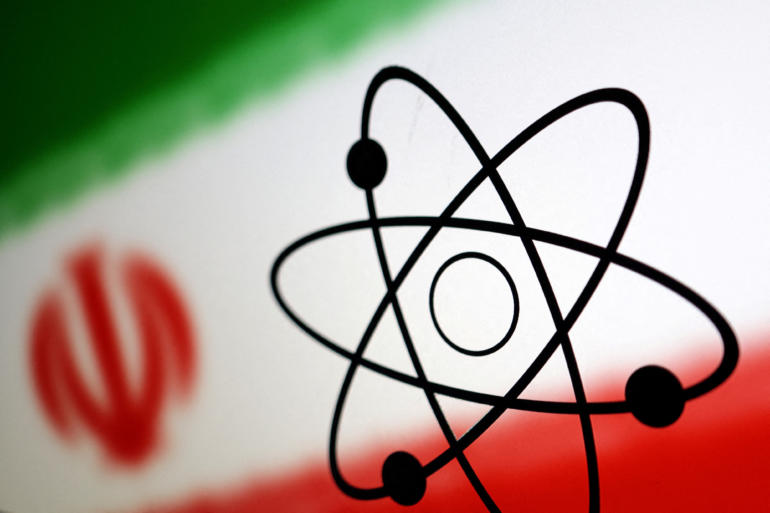The European Union brokered another round of negotiations to restore the Iran nuclear deal, but made it clear that this could be the last one.
Britain, China, France, Germany, Iran, Russia and the United States signed the Joint Comprehensive Plan of Action, or JCPOA, in July 2015. The deal aims to guarantee the civilian nature of Iran’s nuclear program in exchange for a gradual lifting of sanctions.
But in 2018, the United States withdrew from the agreement and imposed new sanctions on Tehran. In response, Iran also backtracked on its obligations and resumed uranium enrichment above the rate in the agreement.
On Thursday, negotiators started a fresh round of talks in Vienna that should last through the weekend. European Union officials said that progress was made, but they still have a long way to go.
To discuss:
- Ali Akbar Dareini is a researcher and author of the book “Legitimate Deterrence.”
- Samuel Ramani is an Associate Fellow at The Royal United Services Institute.
- Barbara Slavin is Director and Nonresident Senior Fellow of the Future of Iran Initiative at the Atlantic Council.
- Victor Gao is chair professor at Soochow University.
For more:
After 16 months of talks, the Iran nuclear-deal negotiators are convening for what could be a make-or-break meeting to revive the pact https://t.co/Z1Xx58R0kw
— The Wall Street Journal (@WSJ) August 3, 2022
Progress was being made on some of the remaining obstacles in reviving the #IranNuclearDeal, including guarantees that the US would not again go back on its word, says AFP report quoting unnamed senior EU official https://t.co/pch5lmiyyZ pic.twitter.com/xeWaWHt3Ly
— Arab News (@arabnews) August 5, 2022
 CGTN America
CGTN America

